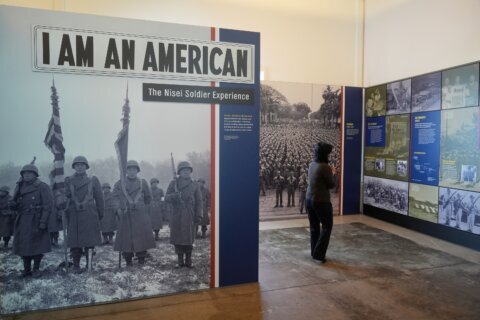WASHINGTON — Some newborns at Fauquier Hospital come into the world dependent on drugs that kill tens of thousands every year. But those babies, who are born to mothers taking opioids, are surviving the withdrawal process in part by the gift of human touch from volunteer cuddlers.
Babies undergoing withdrawal “tend to be irritable, they aren’t coordinated with their suck, they can’t eat well, they can sneeze a lot, have loose stools — it’s all part of withdrawing,” said Cheryl Poelma, director of women services, at Fauquier Health.
Shortly after they’re born, babies get morphine to help curb their withdrawal, said Poelma.
“They start out requiring a larger amount of medicine that is slowly weaned as they withdraw and they’re able to take less of the medicine,” she said.
To help newborns weather the discomfort of withdrawal, the hospital has put together a group of volunteer cuddlers who hold, cuddle and soothe the infants when mom and dad aren’t there, said Poelma.
The cuddlers work in conjunction with neonatal intensive care nurses.
“They sit, and they rock infants, and hold them tight,” she said. “They’re not allowed to feed, they’re not allowed to walk around, they’re really there to help comfort them.
Many babies — especially those suffering withdrawal symptoms — appear to be more comfortable when swaddled.
“They tend to like to have their hands close to their chests, they like a tight blanket swaddled around them,” Poelma said. “They also like to suck on pacifiers, so it’s rocking, sucking, keeping them in a quiet environment, reducing stimuli … ” she said.
Typically, within a few weeks, Poelma said the infants show a marked improvement.
“You’ll see them engaging you more, their eye contact will be better, they’ll start feeding better, not being so fussy, and they’ll start to sleep better,” she said.
She said volunteer cuddlers are being sought, and that several hospitals have similar programs to help newborns in their times of need.








